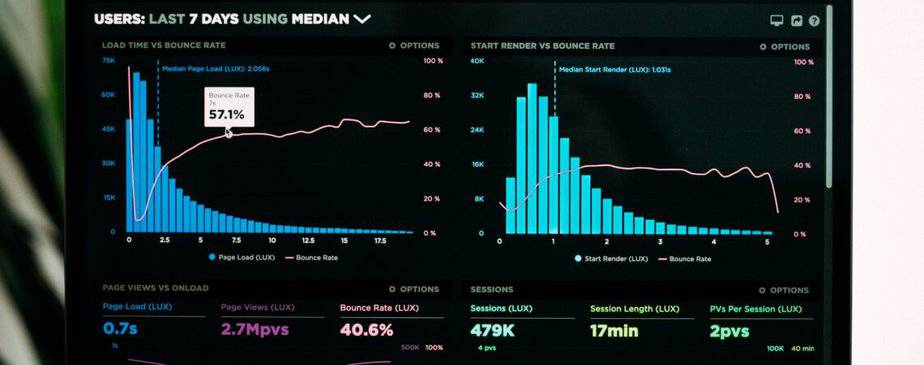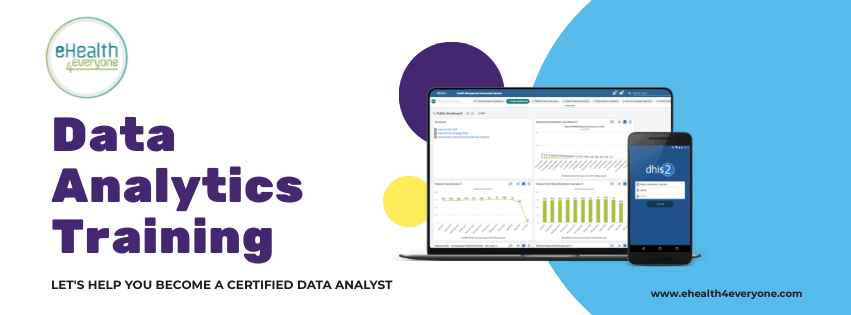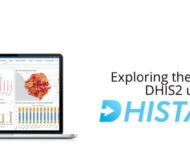Businesses across all sectors generate large pools of data in different ways and from various sources. These data may be statistics, trends derived from operation processes and/or sales, customer habits, etc., which when collected, are in raw form that require processing to become meaningful information. That is where data analytics comes in.
What is data analytics?
Data analytics is the science of processing and analyzing raw data to get meaningful, actionable insights and information. The main aim of analytics is to structure cluttered, meaningless data into legible forms that can be easily visualized and understood in order to make better and improved decisions. The process of data analytics can only begin after the data has been collected. Subsequently, the process to clean the data to remove the unwanted information that might be present is initiated, after which the data is scrutinized and then displayed.
How data analytics can help businesses
The world is becoming data-driven. As such, businesses must implement data analytics to assist them make data-driven decisions at each stage of their operational processes in order to remain on top of everything.
The ways data analytics can help businesses include:
1. Informing decision-making:
Data analytics can help businesses to make informed decisions which can in turn minimize financial losses. It can give insights that can predict what can happen due to some changes, and how to respond to those changes.
2. Improving operational efficiency:
It helps to improve operational efficiency in businesses by helping to identify performance problems that require some sort of action. It can also predict where and how future problems may arise.
3. Mitigating risks:
The existence of risks in business also emphasizes the importance of data analytics in businesses. Data analytics can help an organization understand risks and take preventive measures. It can also help to limit losses after a setback occurs.
4. Improving customer satisfaction:
Customer data that are generated from different channels can be used to create a comprehensive customer profile through data analytics. This profile can then be used to gain insights into customer behaviour, which can help to increase customer satisfaction.
5. Improving data security:
It also helps businesses improve data security by diagnosing the causes of previous data breaches by processing and visualizing relevant data.
James Harrington- an international businessman and guru, has rightly quoted “measurement is the first step that leads to control and eventually to improvement. If you can’t measure something, you can’t understand it. If you can’t understand it, you can’t control it. If you can’t control it, you can’t improve it”. Therefore, it’s highly important for businesses to measure any areas where they may be falling short so that they can take steps to fix or improve them. By doing this, businesses can reach their full potential and avoid any roadblocks that may stand in their way.
At eHealth4everyone, data management is the core of our operations. We can collate, clean and scrutinize your data to make it easy to use. We are experts in data visualization which would help you gain insights into your business. Contact us today via bizdev@e4email.com to get started.
We also provide training in data analytics to build your staff’s capacity in using various analytics tools such as Excel, DHIS2, PowerBI, STATA, etc. Visit www.ehealth4everyone.com/trainings/ for more information about our training programs.
External links
https://www.stitchdata.com/resources/benefits-of-data-analytics/
http://irjaes.com/wp-content/uploads/2020/10/IRJAES-V2N1P58Y17.pdf
https://www.goodreads.com/author/quotes/42617.H_James_Harrington









